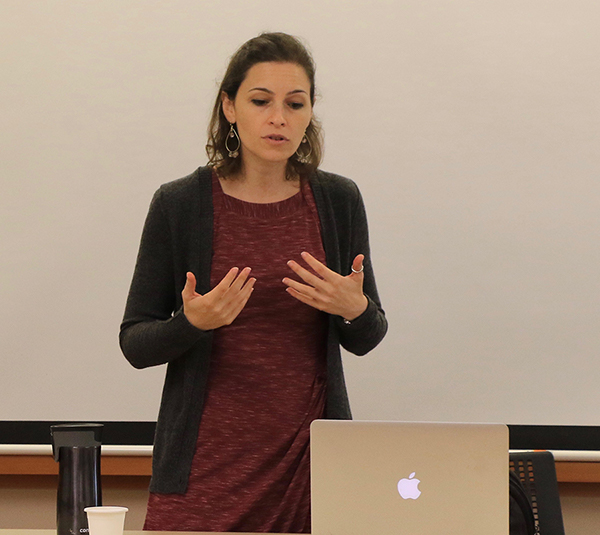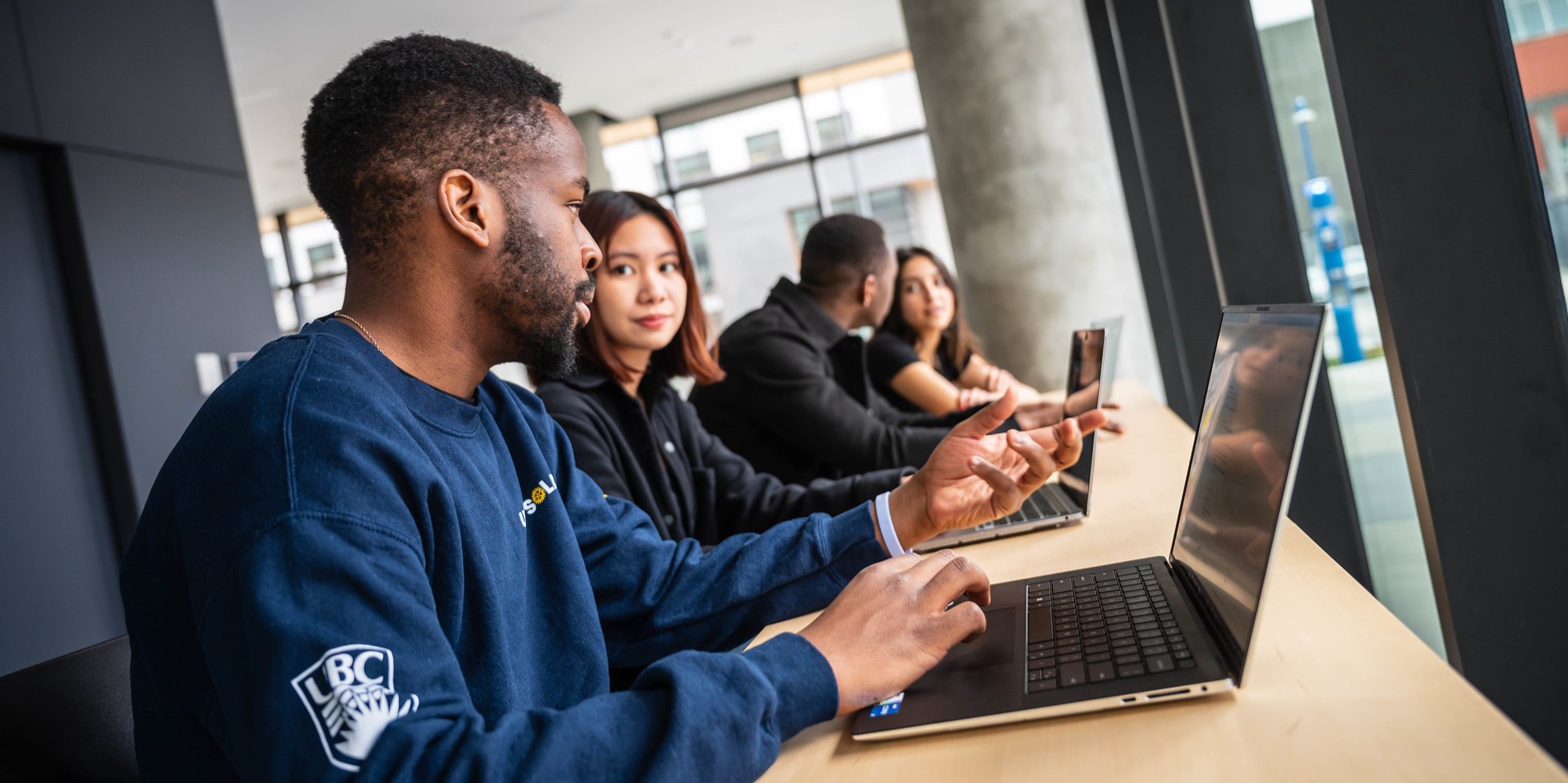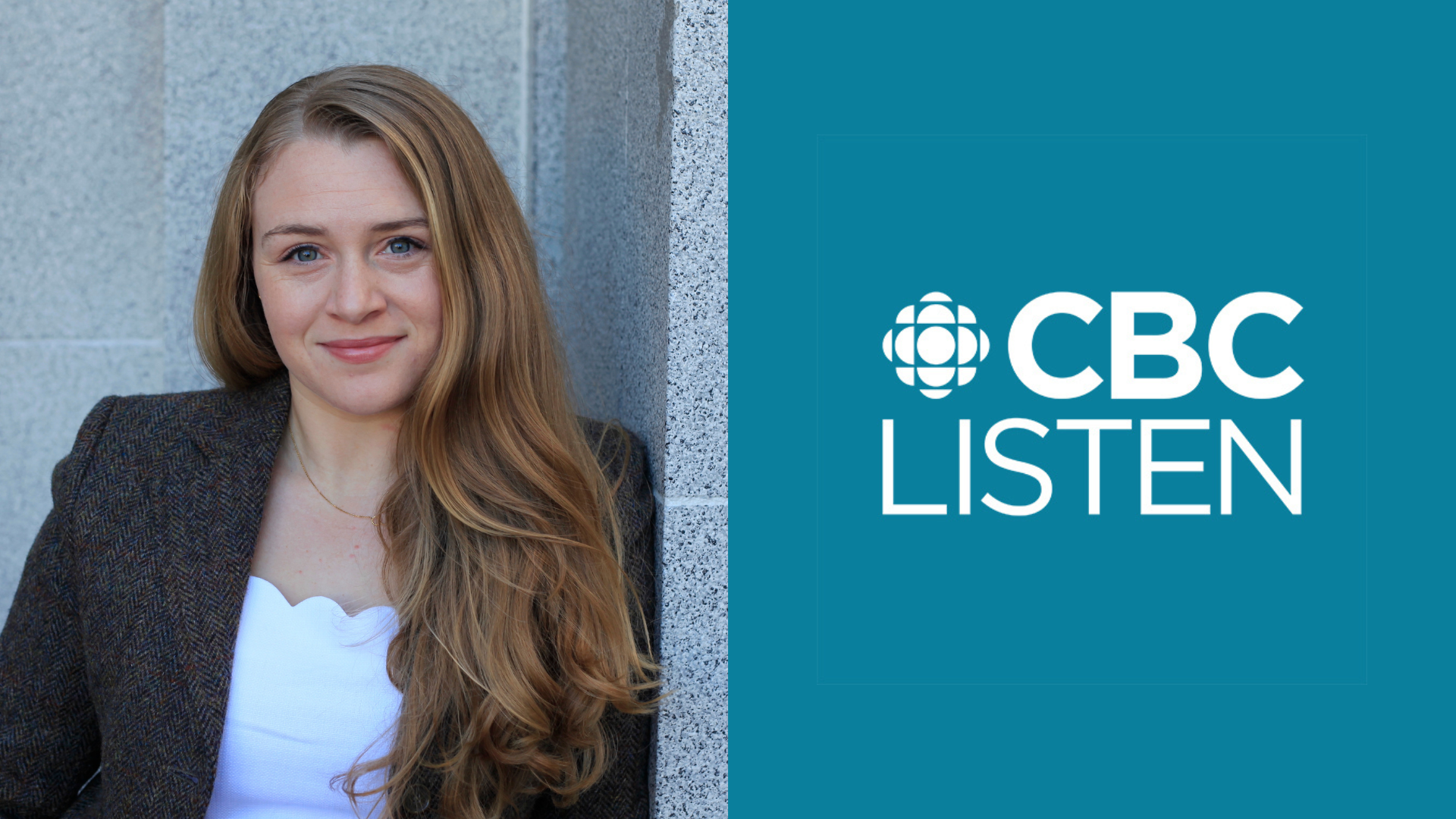Q&A with Jessica Hanser: UBC History’s Incoming Professor


Professor Jessica Hanser will be joining the UBC History Department in July 2019. In anticipation of her start date, Jessica has provided some insight into her area of expertise, her teaching style and interests outside of academia with a short Q&A.
- When did you become interested in studying History? How did this interest develop?
I have always had a strong interest in history, something I inherited from my parents when I was young. But I ‘rebelled’ in college and actually concentrated in anthropology at the University of Chicago. I eventually came back to history in graduate school because my undergraduate studies had raised questions in my mind about ‘modernity,’ and I felt history could best answer them. - Why should students study history? Why is it important?
Studying history is a bit like traveling. The past is a foreign country; when you explore a new place and try to understand its inhabitants, their beliefs, and ways of life on their own terms, you learn something about the world and yourself in the process. I also think studying history is an inherently optimistic endeavor. It shows us that no outcome is inevitable, that the way things are now is not necessarily the way they have to be, and that there is great variety in the way people have lived and structured their societies, economies and politics in the past. - What is your area of expertise? What inspired you to dig deep into this area?
My research explores the connections, relationships and interactions between Britain and China from 1600 until the First Opium War (1839–1842). Originally trained as a British social and cultural historian, I became fascinated by Chinese history after attending several of Jonathan Spence’s lectures during the first year of my PhD at Yale University. Weaving my interests in Britain and China together, I set out on a new intellectual path to examine the history of Britain in China and China in Britain. - How would you describe your teaching style?
I aim to create a community in the classroom. When a community of learning forms, students have the confidence to find their own voice, try out new ideas and take intellectual risks, while also genuinely and respectfully engaging with the viewpoints and opinions of their classmates. I help my students develop the intellectual and emotional skills to contemplate, discuss and debate challenging questions and fissile material about which there is likely to be a diversity of viewpoints and interpretations. When disagreements and misunderstandings inevitably arise, they can be discussed calmly and openly. The result is that students, even the shier and less confident ones, are happy to lend their voices to discussion and learn collaboratively with their peers. Recently, I have also been trying to incorporate mindfulness practices and contemplative education approaches in my teaching. - If you weren’t pursuing a career in academia, what types of careers would you be interested in?
Teaching yoga or perhaps pursuing a career in dance or music therapy. - What can students expect from your upcoming courses at UBC?
They can expect to work hard, learn a lot, and have a great deal of fun. - What attracted you to UBC/ British Columbia? Anything you are interested in doing while you are here?
I was very attracted by the beautiful natural environment. I plan to do a lot of hiking. I’m from Florida so I don’t do winter sports, but I’d like to learn cross-country skiing. - What do you like to do outside your career? What’s on your bucket list?
I have taught Zumba for the past 6 years. I am planning to get my certification in Yoga in India so I can also teach yoga in the future.
Current Bio
Jessica Hanser is Assistant Professor of History and founding faculty member at Yale-NUS College in Singapore. Her book, Mr. Smith Goes to China: Three Scots in the Making of Britain’s Global Empire, coming out in June 2019 with Yale University Press, delves into the lives of three Scottish private traders—George Smith of Bombay, George Smith of Canton, and George Smith of Madras—and uses them as lenses through which to explore the inner workings of Britain’s imperial expansion and global network of trade during the eighteenth century. Her articles have also appeared in journals such as The American Historical Review and Northern History. Her research and teaching explore Britain’s global commerce and participation in slavery and human trafficking in the Indian Ocean and South China Sea between 1600 and 1850.


